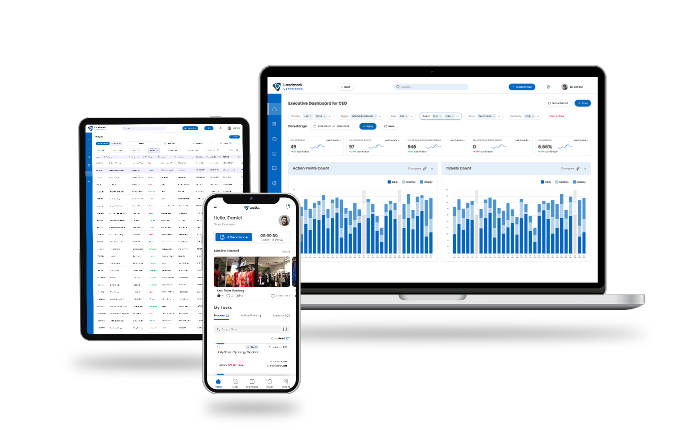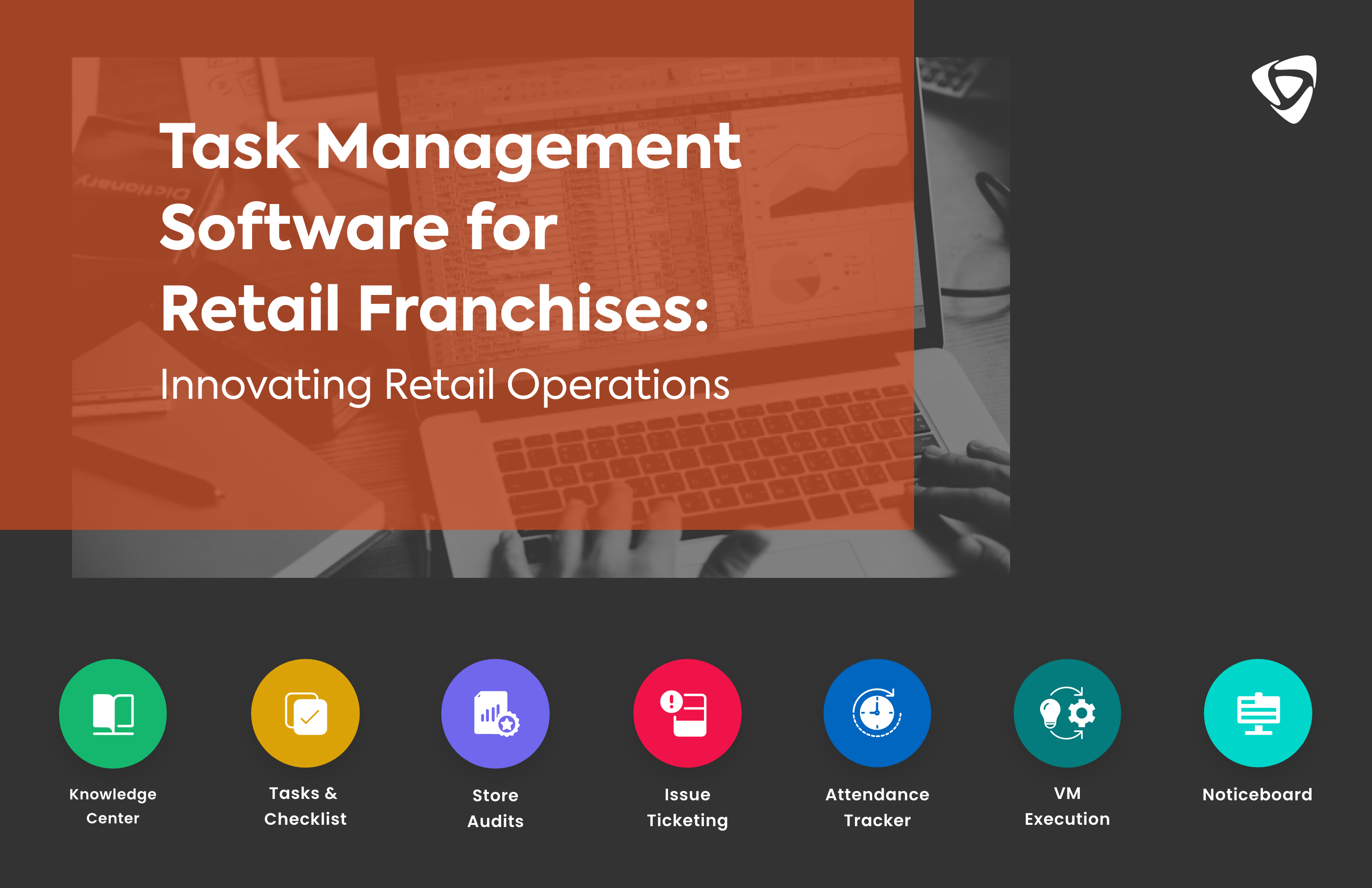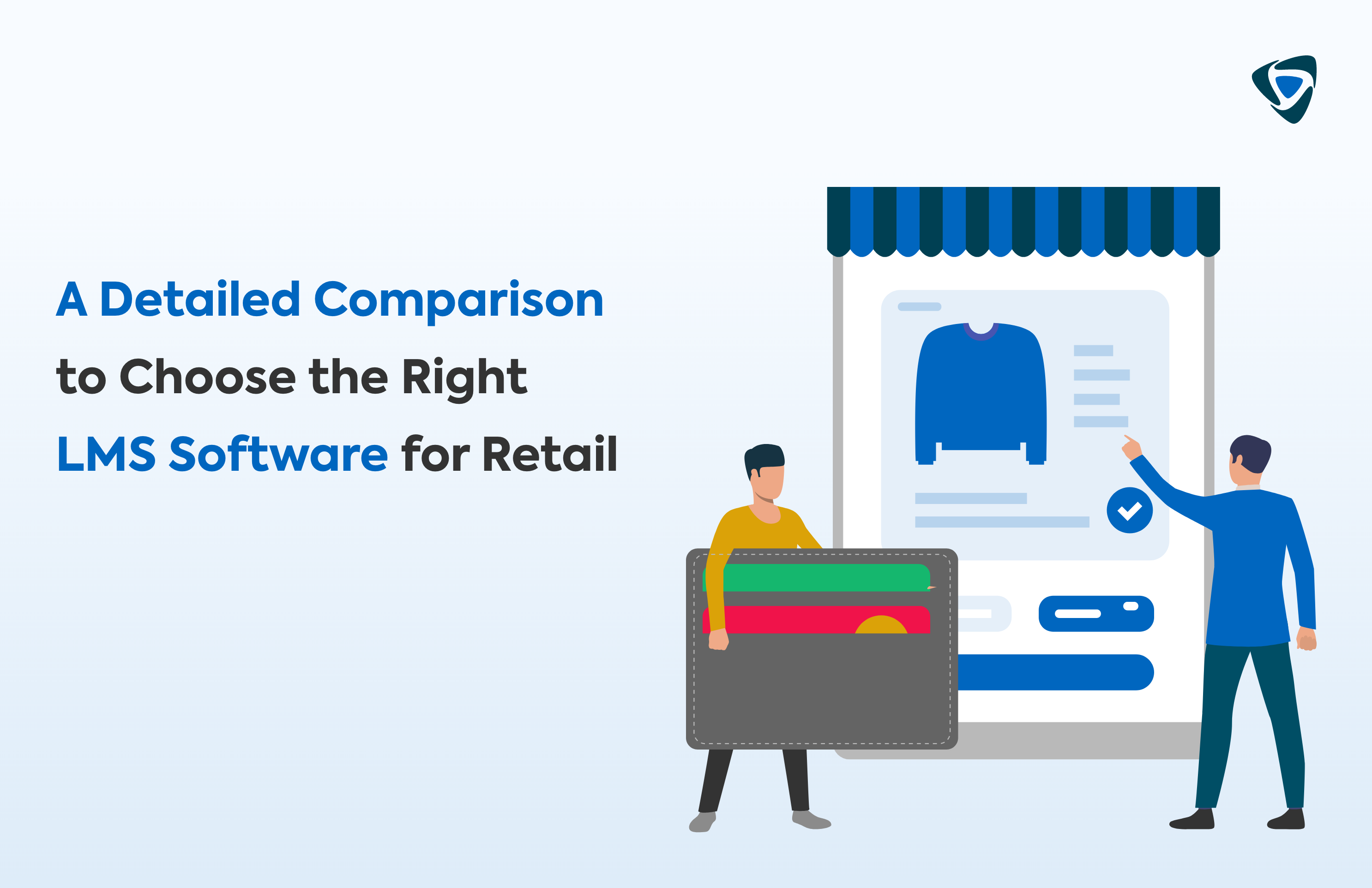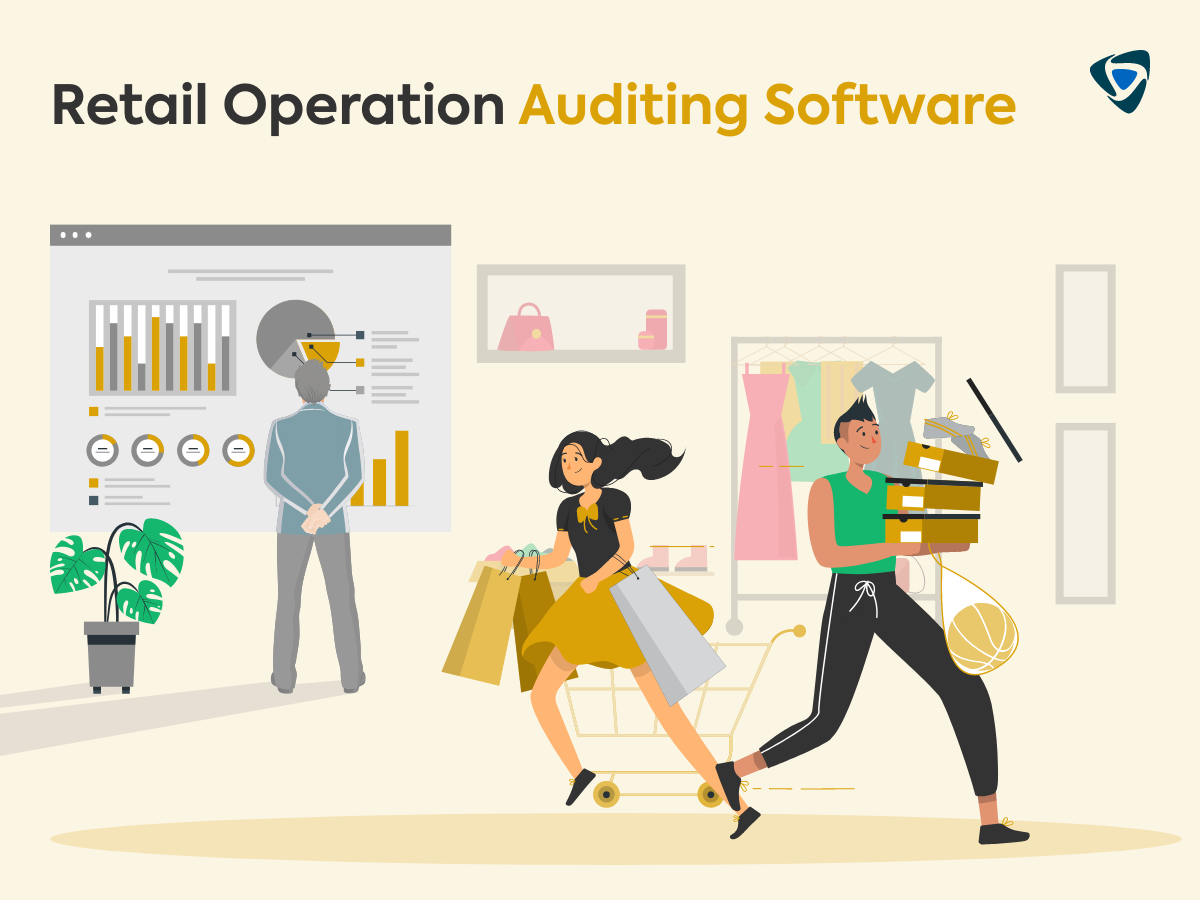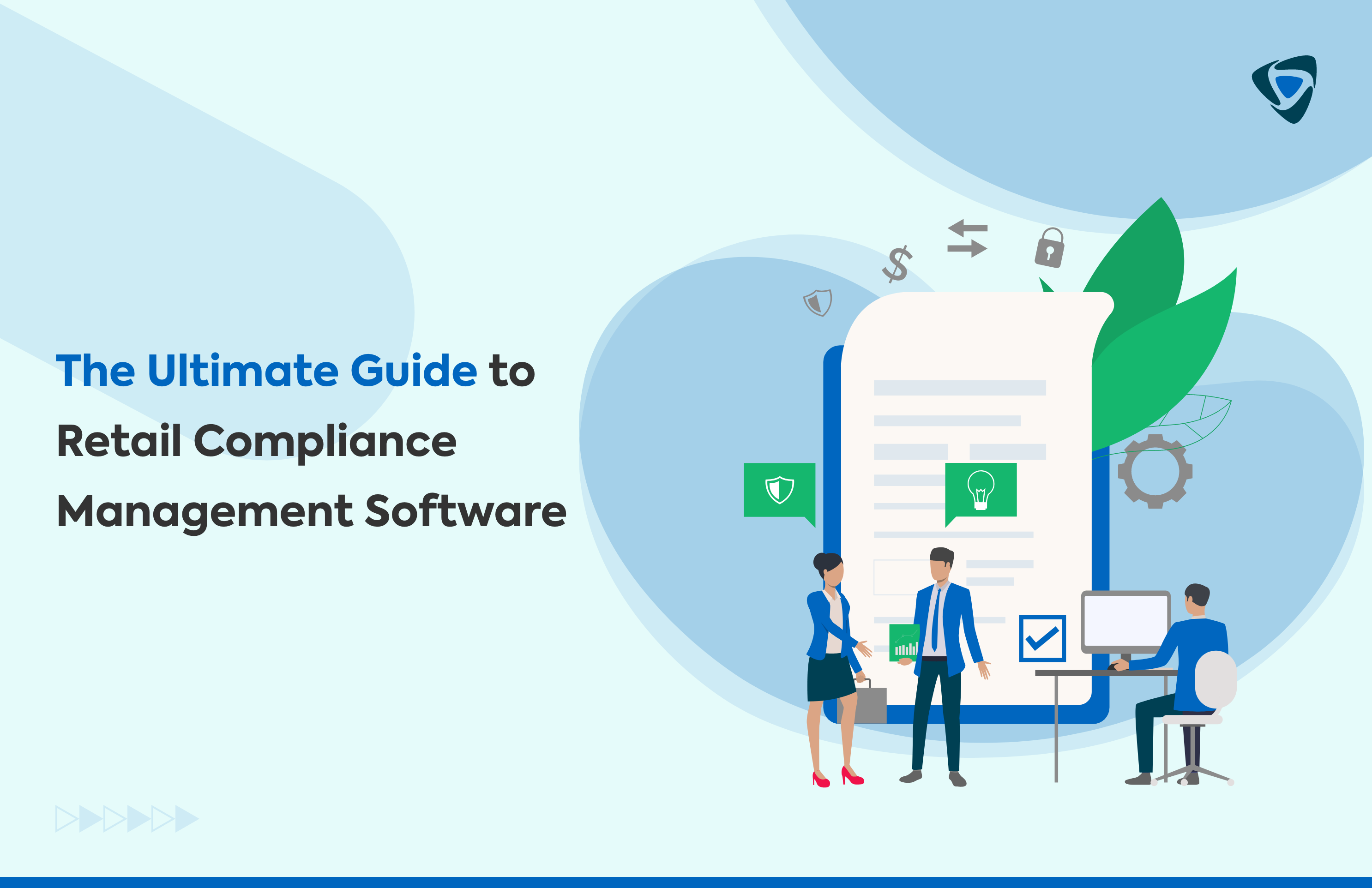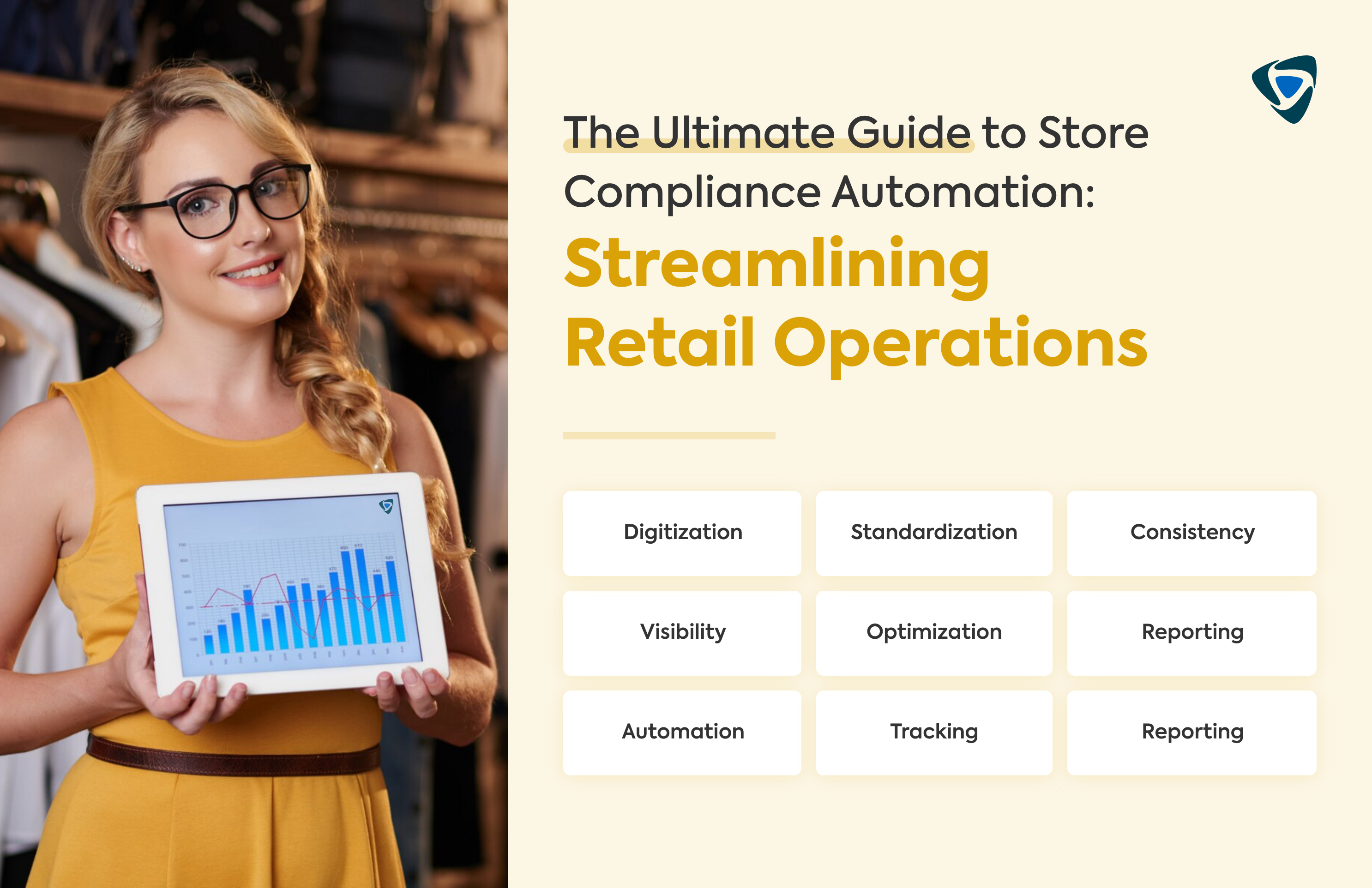Guide
Maximizing Efficiency in Retail: A Comprehensive Guide to Task Management Mobile Apps
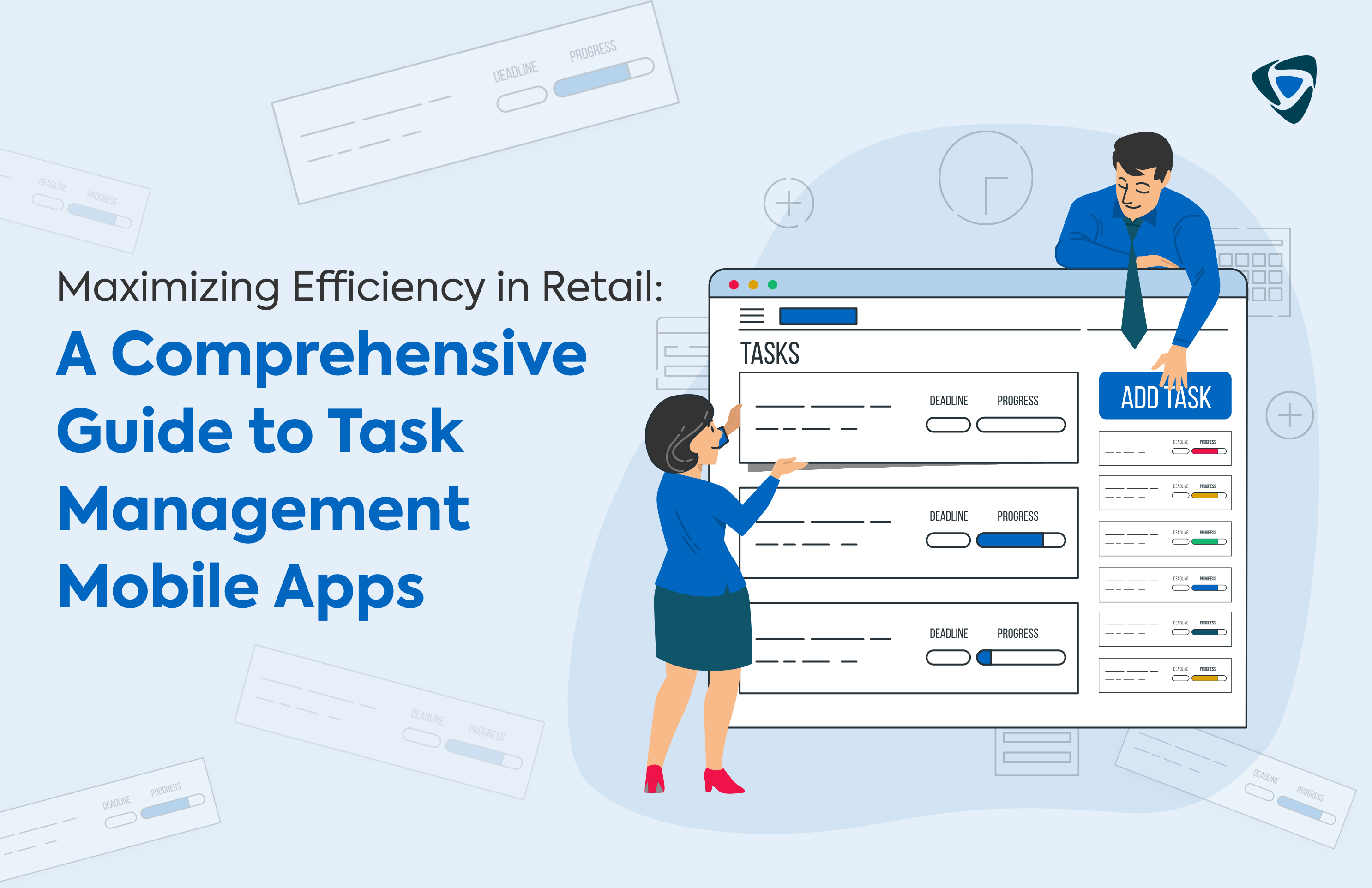
Managers encounter challenges in maintaining oversight from multiple locations when they are entrusted with numerous daily responsibilities that demand control and task management mobile apps are extremely useful to simplify operations. Task management mobile apps have become a critical component of retail operations, as they ensure uniformity of procedures across all retailers.
Mobile applications have completely revolutionized retail task management. Mobile applications make it simpler for managers to oversee work from a central location when duties can be assigned and monitored from any smartphone. Additionally, store employees may view their duties while on the road and mark them as complete.
As a consequence of this, the inefficiencies associated with paper-based task monitoring are eradicated, and communication is simplified. A mobile application designed for retail task management is critical for optimizing employee output and shop efficiency. Apart from furnishing managers with up-to-date information regarding job completion rates, it facilitates the integration of operations across various sites.
Understanding Retail Task Management
Retail task management is the process of allocating, monitoring, and finishing tasks and responsibilities among several shop locations.
Retail task management routine duties involve inventory counts, shelf organization, customer service procedures, and daily checklists for business opening and closing. It might be challenging for managers to guarantee that duties are completed accurately and consistently across several outlets without enough control.
Traditionally, retail businesses used to assign tasks using paper-based methods like printed checklists. Now, it leads to difficulties like misplaced forms, manual data input, and task feedback delays. The use of specialist desktop applications and rudimentary spreadsheet tracking gave more structure and organization to the process, but still, there were errors and inefficiencies.
However, the emergence of retail task management mobile applications has been made possible by the mobility revolution. These give managers rapid job assignment from any device, real-time visibility, and the removal of location restrictions.
The Rise of Mobile Apps for Retail Management
The way mobile apps have revolutionized the retail sector functions has given workers and retail managers widespread access to essential task management resources. Managers can now delegate tasks, monitor progress, and keep an eye on completion rates from anywhere with a smartphone or tablet.
The desktop software or paper checklists couldn’t offer the flexibility that mobile apps offer now. Apps enable employees to view assignments while on the go and digitally check them off. Additionally, communication is more efficient. Tasks can be addressed via in-app chat for faster resolutions.
Features of an Effective Retail Task Management App
A retail task management app that provides a specific set of essential characteristics to alter everyday procedures digitally. Through mobility and real-time data, it empowers managers and staff while standardizing task management.
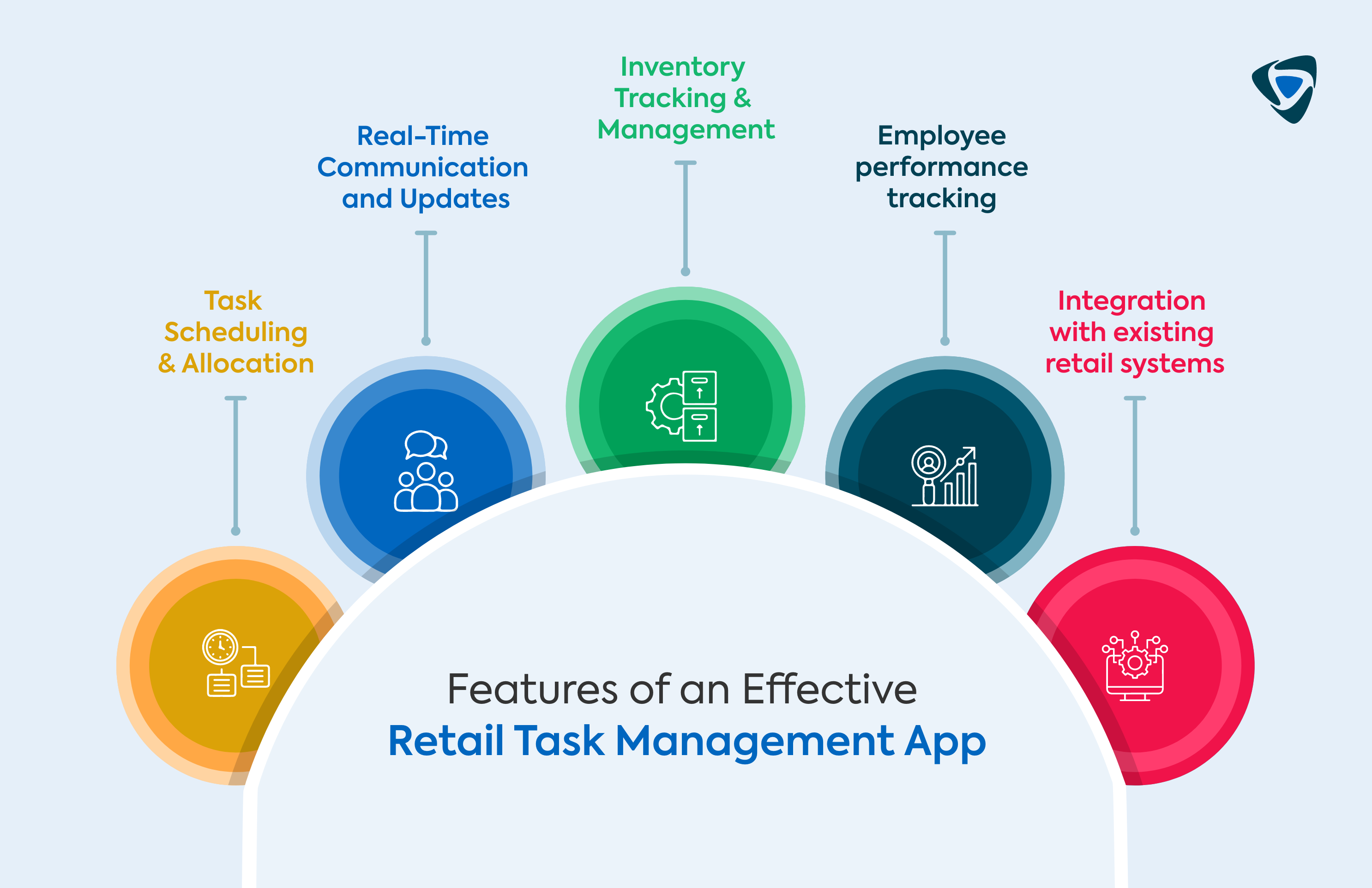
Let’s look at the features that you should keep in mind if you are thinking of taking your retail business on the mobile platform.
- Task Scheduling and Allocation
An efficient software should enable managers to plan tasks ahead of time, designate them for particular employees or stores, and allocate them on those dates. Standardized procedures can also be configured with recurring tasks.
- Real-Time Communication and Updates
Managers may communicate about tasks and offer updates in real time through integrated messaging and comments. Workers can also report problems, ask for help, or acknowledge that a task has been completed. Push alerts guarantee that chores are completed on time.
- Inventory Tracking and Management
Managers may designate replenishment activities and keep an eye on stock levels from a distance, thanks to integrated inventory tracking and predictive analytics. Stock-outs are avoided via automated notifications for low inventory.
- Employee performance tracking
The program should monitor each worker’s progress over time on assigned assignments. Metrics that reveal information about staff productivity and training requirements include completion rates, response times, and SOP compliance. Rankings and other gamification elements can increase employee engagement.
- Integration with existing retail systems
Duplicate data entry is avoided via smooth synchronization with other platforms. A single picture of operations is provided via integration with accounting, HR, and point-of-sale systems. The user experience is streamlined when retail login credentials are used for a single sign-on.
Choosing the Right Retail Task Management App
Before making your choice, be sure to compare any retail task management tool to these important criteria. Making the appropriate decision allows us the flexibility to support expansion while optimizing operations.
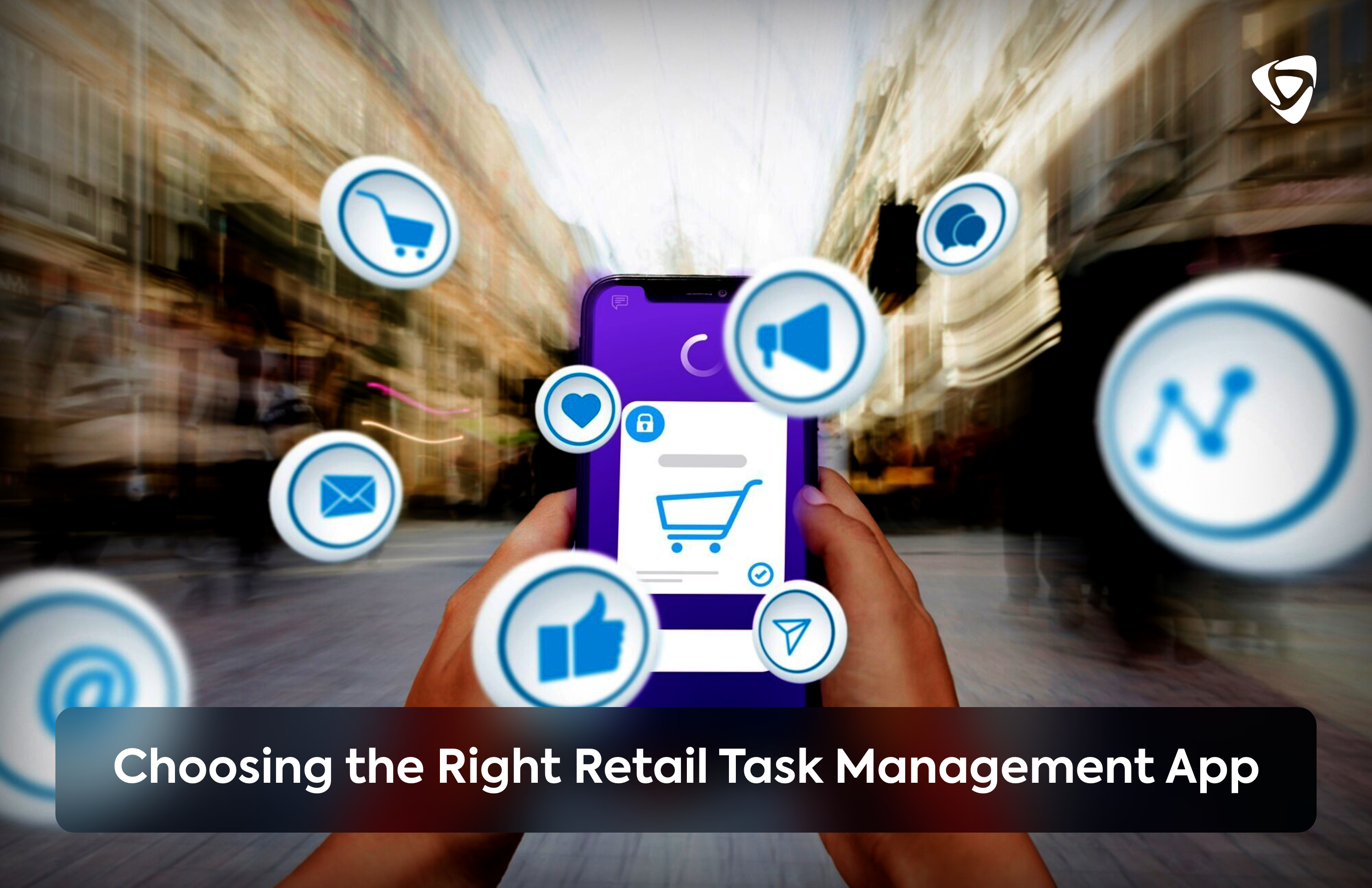
- Ease of use
The application must have a user-friendly interface that is tailored for desktop and mobile devices. New user onboarding has to be easy with little learning curves. Features must be easily navigable and logically arranged.
- Customization
Look for configurability in order to customize the software for certain retail procedures. Task types, custom fields, approval procedures, and comprehensive role-based access control are all necessary for managers to be able to customize the application as per the business objectives. Pre-built templates accelerate setup.
- Mobility
True mobile apps don’t rely on specific devices; instead, they enable job management from any location. The key is responsiveness on mobile platforms such as iOS and Android. Offline functionality is also essential as it ensures usability in places with poor connectivity.
- Reporting
Actionable insights may be obtained with robust reporting features, like standard reports on inventory levels, SLA compliance, work completion rates, etc. Tailored analytics may be extracted using custom reports. Exporting to widely used formats, like Excel, facilitates additional analysis.
- Notifications
Notifications that arrive on time help you remember tasks, problems, and changes. Prioritizing chores is aided with customizable email, SMS, and in-app alerts. Push alerts guarantee app exposure even when it is not in use.
- Collaboration
Interdepartmental, departmental, and management cooperation is enhanced with integrated communication solutions. Delays are avoided using features like file sharing, comments, and in-app messaging. You can search the discussions for references.
- Integrations
To avoid redundant data entering, take into account the app’s integration capabilities with current retail systems. Connectivity to platforms for inventory management, human resources (HR), point-of-sale (POS), and accounting provides a cohesive picture of operations.
- Scalability
Select an application that facilitates the smooth scalability of processes. It needs to function smoothly even with hundreds of employees, locations, and ongoing work assignments. Scalability is improved via cloud hosting.
- Security
Any retail app managing sensitive personnel and operational data must prioritize data security. Seek for protocols such as penetration testing, frequent audits, access restrictions, and HTTPS encryption. The correct individuals can access the right information thanks to user authentication.
- Cost
Take into account both the initial outlay and the overall cost of ownership over time. Models of affordable pricing take business development and size into account. Compared to software-as-a-service programs hosted in the cloud, on-premise versions could entail more initial expenditures.
- Training for Staff and Support
User adoption is a must, and it is essential to conduct training for employees to get familiar with the application. Besides, access to documentation and user guides will allow the users to resolve the issues quickly.
Considerations include channels, online resources, training, support response times, and frequent product updates and upgrades. Uptime is guaranteed by 24/7 support escalation.
Implementing a Mobile Task Management Solution in Retail
Let’s take a look at the steps you should take while implementing a mobile task management solution in retail.
- Project Planning: Define goals, scope the implementation, and get stakeholder buy-in. Outline timelines, assign team roles, and establish success metrics.
- Requirements Gathering: Understand current processes via workshops: document task types, workflows, locations, etc., to configure the app accordingly.
- Vendor Evaluation: Shortlist 3-5 apps based on needs. Study demos, consult case studies and evaluate against selection criteria. Choose the best-fit vendor.
- Pilot Testing: Roll out the app initially to a small group for UAT and feedback. Refine configurations based on pilot experience before full rollout.
- Data Migration: Transfer existing task and employee data from legacy systems to the new app to avoid duplicate data entry.
- Training: Educate store managers and supervisors first via webinars. They then train direct reports store-wise to ensure proper understanding.
- Change Management: Communicate the transition clearly to allay fears and gain user acceptance. Appoint super users to support colleagues.
- Go-Live: Gradually roll out the app chain-wide over a few weeks based on preparedness. Provide on-call support during the initial weeks.
- Adoption Tracking: Monitor usage, feedback and metrics to identify gaps. Address issues promptly through refresher training.
- Continuous Improvement: Solicit ideas to enhance the solution. Prioritize and implement enhancements periodically based on ROI.
Conclusion
To sum up, mobile applications for retail task management have completely changed the way that retailers run their everyday operations. Apps have accelerated productivity across locations by giving managers and staff members constant access to essential job tools.
Robust functionalities such as timetable management, instantaneous monitoring, and analytical tools offer unparalleled control over retail operations. Prominent businesses have demonstrated successful implementations that increase task adherence, decrease lapses, and improve labour utilization through mobility.
Applications will get even more automated and intuitive in their ability to drive operational excellence when technologies like AI, ML, and IoT are incorporated. Any chain hoping to increase supervision, standardize procedures, and enable remote management needs a mobile app for retail task management. For optimum retail operations, it provides mobility flexibility together with the desktop software structure.
 Schedule A Demo
Schedule A Demo 


